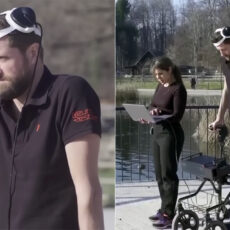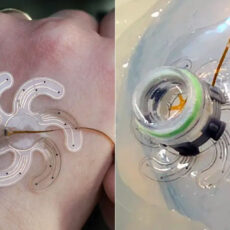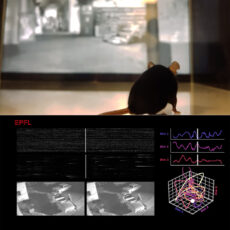![]()
Monash University-led research into growing human brain cells onto silicon computer chips has received nearly $600,000 AUD ($403,740 USD) in the National Intelligence and Security Discovery Research Grants Program. This project requires growing approximately 800,000 brain cells living in a dish, which are then taught to perform goal-directed tasks.
These lab-grown human brain cells are embedded directly onto silicon chips, in hopes of merging the fields of artificial intelligence and synthetic biology to create programmable biological computing platforms. Practical uses in the future include autonomous drones, delivery robots, and intelligent handheld / wearable devices.
- 4-Player pub style"cabinet" Design, 8 games in 1
- 17" Color LCD screen, assembled, on-screen game selection menu
- Real-feel arcade controls, Coin less operation

Photo credit: New Atlas
This new technology capability in future may eventually surpass the performance of existing, purely silicon-based hardware. The outcomes of such research would have significant implications across multiple fields such as, but not limited to, planning, robotics, advanced automation, brain-machine interfaces, and drug discovery, giving Australia a significant strategic advantage,” said Professor Razi, Associate Professor at Monash University.





